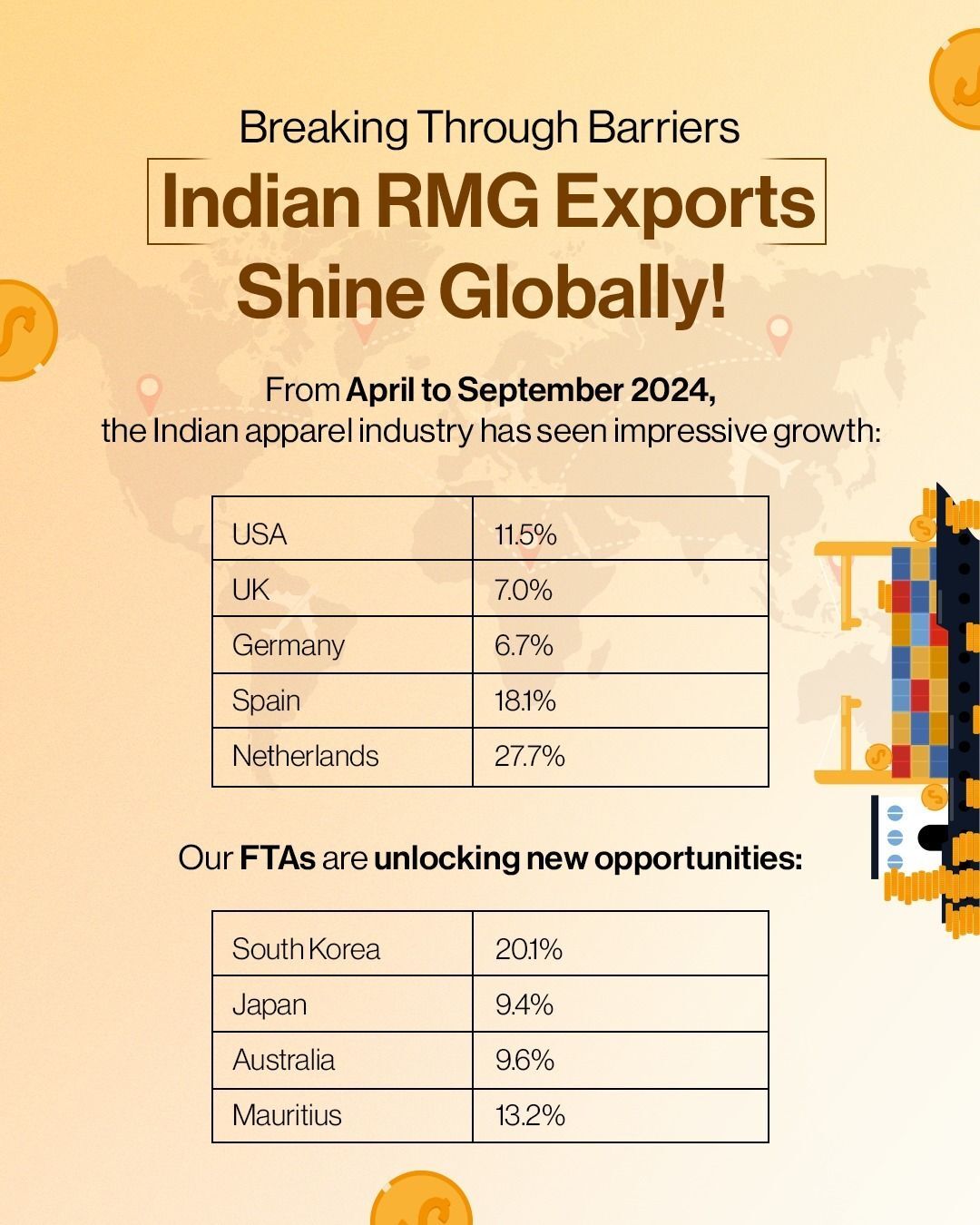"Making sustainability its immediate goal, fast fashion giant Inditex the makers of Zara pledged to only use organic, sustainable and recycled materials like cotton, linen and polyester in all its eight brand’s collections by 2025. The latest fast fashion brand to join the sustainability bandwagon, Zara was influenced by 81 per cent response to a global survey that urged fast fashion companies to help improve the environment."
 Making sustainability its immediate goal, fast fashion giant Inditex the makers of Zara pledged to only use organic, sustainable and recycled materials like cotton, linen and polyester in all its eight brand’s collections by 2025. The latest fast fashion brand to join the sustainability bandwagon, Zara was influenced by 81 per cent response to a global survey that urged fast fashion companies to help improve the environment. A report by Lyst indicates online searches for sustainable fashion terms such as ‘ethical brands’ and ‘econyl’ have increased 66 per cent. The adoption of sustainable denim has been hailed by 187 per cent of social media bloggers.
Making sustainability its immediate goal, fast fashion giant Inditex the makers of Zara pledged to only use organic, sustainable and recycled materials like cotton, linen and polyester in all its eight brand’s collections by 2025. The latest fast fashion brand to join the sustainability bandwagon, Zara was influenced by 81 per cent response to a global survey that urged fast fashion companies to help improve the environment. A report by Lyst indicates online searches for sustainable fashion terms such as ‘ethical brands’ and ‘econyl’ have increased 66 per cent. The adoption of sustainable denim has been hailed by 187 per cent of social media bloggers.
Sustainability becomes a global focus
Sustainability has become a global focus. As the UNEnvironment Programme notes, the financial decline of fast fashion giants is already underway with brands like TopShop closing stores, ASOS reporting 87 per cent profit plunge and Forever 21 being on the verge of total bankruptcy.
fast fashion giants is already underway with brands like TopShop closing stores, ASOS reporting 87 per cent profit plunge and Forever 21 being on the verge of total bankruptcy.
Zara’s claims therefore, call for further query. Experts have raised doubts over how a company that produces 500 new designs a week and 20,000 a year could ever really become sustainable. Especially considering that trend-focused clothing, the focus of Zara’s business model that brings around $20 billion in annual sales, has an incredibly short shelf life.
Other details to be considered
Though Michael Stanley-Jones, co-secretary of the UN Alliance for Sustainable Fashion views Zara’s claims as achievable as he believes many brands don’t realise their significance. For example, though the company aims to go green with its energy supply, it first needs to consider a number of other details such as water pollution from the fabric dyeing and micro fiber shedding into the ocean from synthetic material, complicate the process of making a fabric sustainable.
However, Zara’s announcement indicates the larger industry is indeed taking notice of these issues. As around 80 per cent of employees in the fashion and textile industry are women, there is a strong evidence of sub-minimum-wage employment and child labor in the sector. This makes it difficult for consumers to determine what the promising announcements from fast fashion brands actually mean in practice.
Growing demand for second-hand clothes
Lauren Singer, environmental activist, Trash Is for Tossers and founder of Package Free Shopin Brooklyn, New York, encourages those interested in sustainable fashion to turn to secondhand purchases. With the Gen Z already shifting towards second-hand clothing these clothes are likely to overtake clothes made by fast-fashion brands in the near future.
Though Zara’s announcement has created a ripple effect within the fast fashion industry, it fails to address the ultimate issues of the rate of consumption. The announcement provides industry leaders with an opportunity to shift to new technology and search. However, leaders believe as long as the current fashion business model exists, Zara’s sustainability announcement should be taken with a pinch of salt rather than interpreting them as the new fashion trend.












